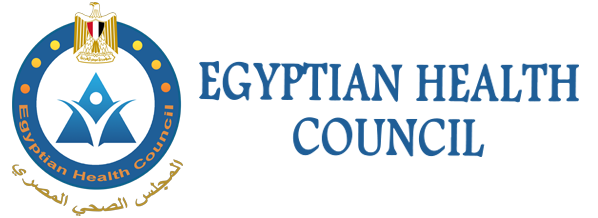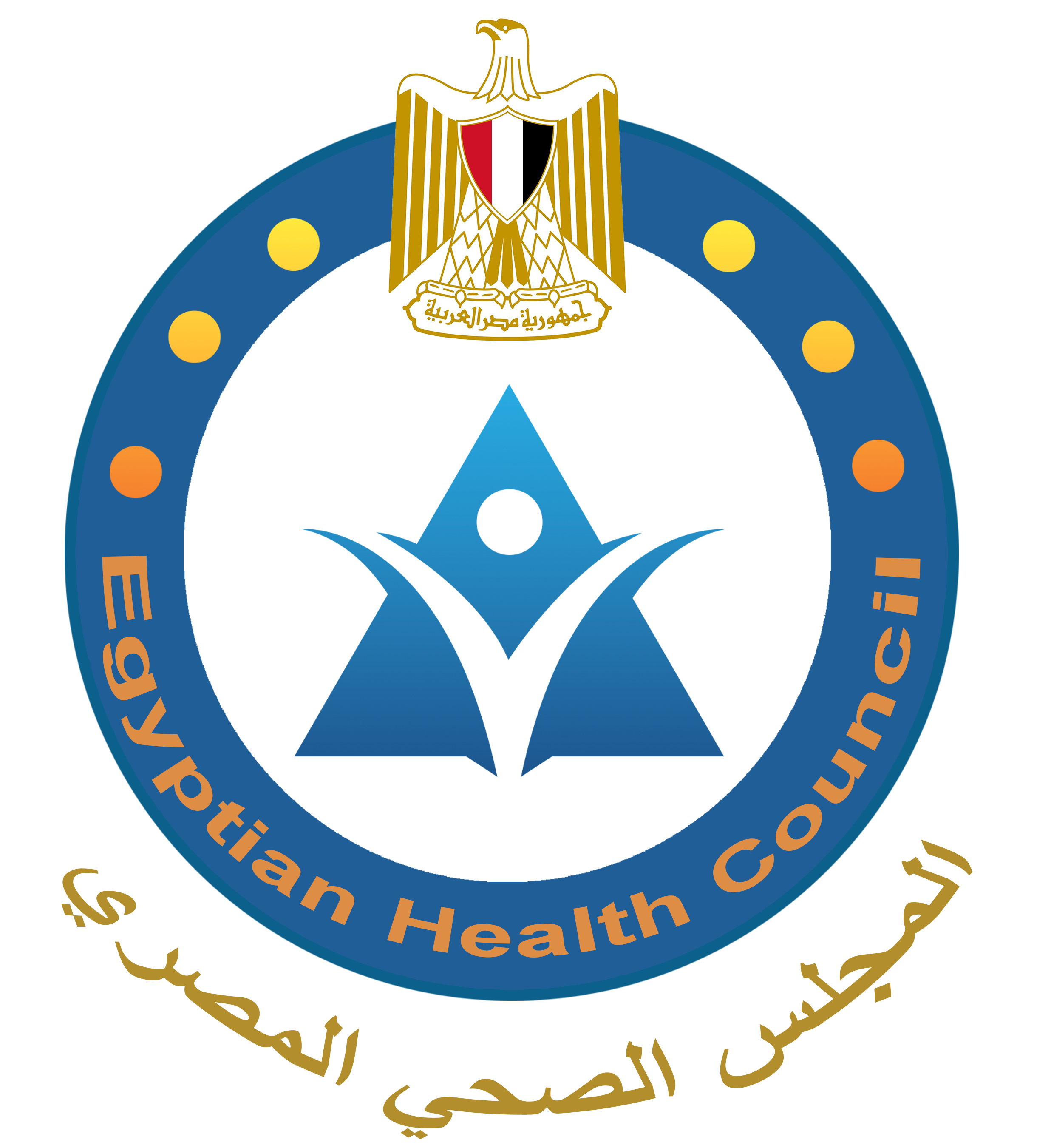
Diarrhea and Enteritis in Calves
"last update:8 Dec 2024"
- Prevention of Diarrhea in Calves
1- Colostrum Management
- Adequate Intake:
- Ensure that calves receive high-quality colostrum within the first few hours of life.
- Minimum of 10% of body weight in colostrum within the first 12 hours must be received by the calves.
- Colostrum Quality:
- Test colostrum for antibody levels using a colostrometer or refractometer.
2-Hygiene and Sanitation
- Clean and safe Environment:
- Regularly clean and disinfect calf pens, feeding equipment, and water sources.
- Isolation of Sick Calves:
- Separate sick calves in isolated well-equipped pen to prevent the spread of infectious agents to healthy calves.
3-Vaccination
- Vaccinate Pregnant Cows:
- Vaccinating cows against common pathogens (e.g., E. coli, rotavirus, coronavirus) boosts the immunity passed through colostrum.
- Calf Vaccination:
- In some cases, vaccinating calves directly can help prevent certain diseases.
4-Proper Feeding Practices
- Consistent Feeding Schedule:
- Feed calves at regular intervals and avoid sudden changes in diet.
- Quality Milk Replacer:
- Use high-quality milk replacers with appropriate nutrient composition.
- Avoid Overfeeding:
- Feed appropriate amounts based on the calf’s age and weight.
5- Stress management
- Minimize Stress:
- Avoid overcrowding, ensure proper ventilation, and provide adequate bedding.
- Manage Environmental Factors:
- Protect calves from extreme weather conditions, especially cold and wet environments.
